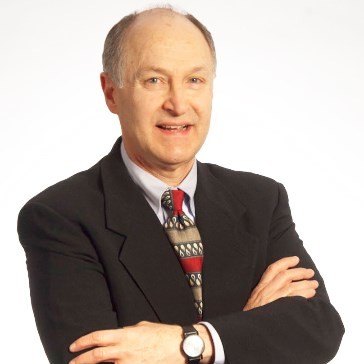

|
Max Lifchitz was born November 11, 1948, and grew up in Mexico City. After commencing his musical training in Mexico, he came to the United States in 1966 and graduated from The Juilliard School of Music and Harvard University. He has appeared in concert and recital throughout the US, Latin America and Europe. He was awarded first prize in the 1976 International Gaudeamus Competition for Performers of Twentieth Century Music held in the Netherlands. In 1980, he founded the North/South Consonance Ensemble, which is dedicated to the performance and recording of contemporary classical music from the Americas; he serves as the ensemble's director. Lifchitz has served on the faculty of Columbia University, Manhattan
School of Music, and the University at Albany, The State University of
New York. |
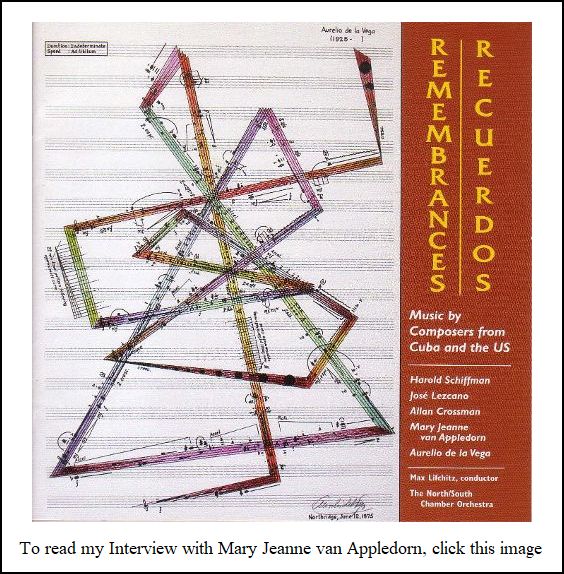 BD: So then it’s fully your responsibility?
BD: So then it’s fully your responsibility? 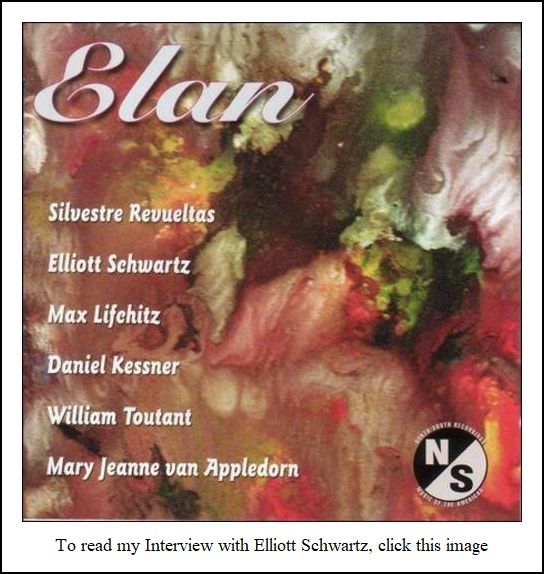 BD: So the public is fickle?
BD: So the public is fickle?
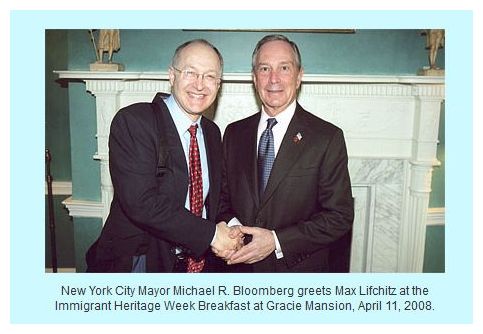 BD: It is part of their survival, really.
BD: It is part of their survival, really.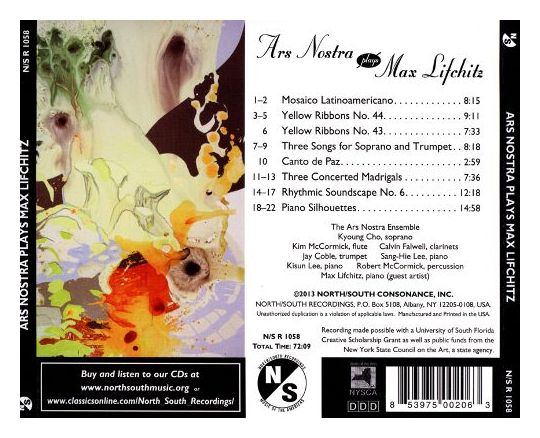 BD: Are we getting to the point
where the eighty-eight key piano and the hundred-person orchestra is
becoming a dinosaur?
BD: Are we getting to the point
where the eighty-eight key piano and the hundred-person orchestra is
becoming a dinosaur?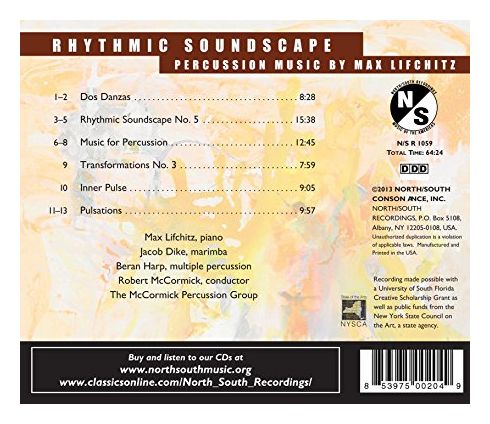 BD: Is all music that you write
on commission, or are there times when you commission yourself?
BD: Is all music that you write
on commission, or are there times when you commission yourself? |
MIDI (short for Musical Instrument Digital Interface) is a technical
standard that describes a communications protocol, digital interface
and electrical connectors, and allows a wide variety of electronic musical
instruments, computers, and other related music and audio devices, to connect
and communicate with one another. A single MIDI link can carry up to sixteen
channels of information, each of which can be routed to a separate device. Those new to the subject of MIDI might confuse it with digital audio.
While it may appear that MIDI and digital audio equipment do the same
task -- recording of multiple channels of music using digital equipment
-- this is done differently by MIDI and digital audio systems. MIDI symbolically
represents a note. When the synth player presses a key on a keyboard,
MIDI records which key was pressed, with which velocity and which duration,
whereas digital audio represents the sound produced by the instrument.
Advantages of MIDI include small file size, ease of modification and manipulation, and a wide choice of electronic instruments and synthesizer or digitally-sampled sounds. Prior to the development of MIDI, electronic musical instruments from different manufacturers could generally not communicate with each other. With MIDI, any MIDI-compatible keyboard (or other controller device) can be connected to any other MIDI-compatible sequencer, sound module, drum machine, synthesizer, or computer, even if they are made by different manufacturers. MIDI technology was standardized in 1983 by a panel of music industry representatives, and is maintained by the MIDI Manufacturers Association (MMA). All official MIDI standards are jointly developed and published by the MMA in Los Angeles, and the MIDI Committee of the Association of Musical Electronics Industry (AMEI) in Tokyo. In 2016, the MMA established The MIDI Association (TMA) to support a global community of people who work, play, or create with MIDI. |
|
|
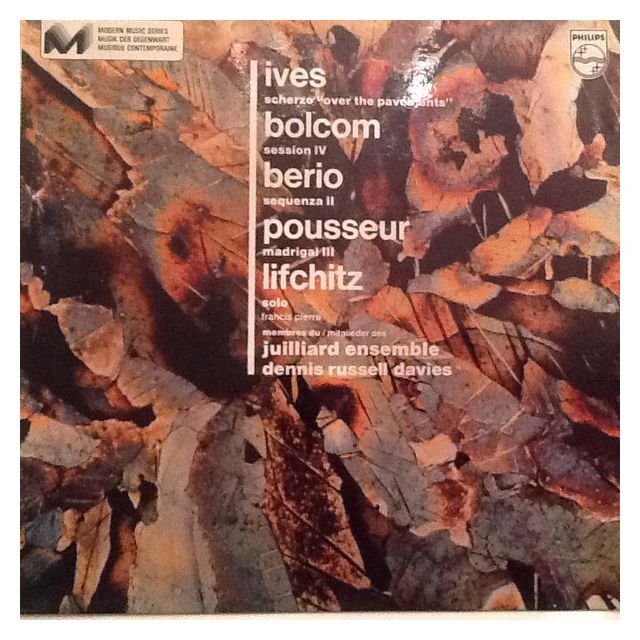 BD: You think of yourself as a young
radical?
BD: You think of yourself as a young
radical? 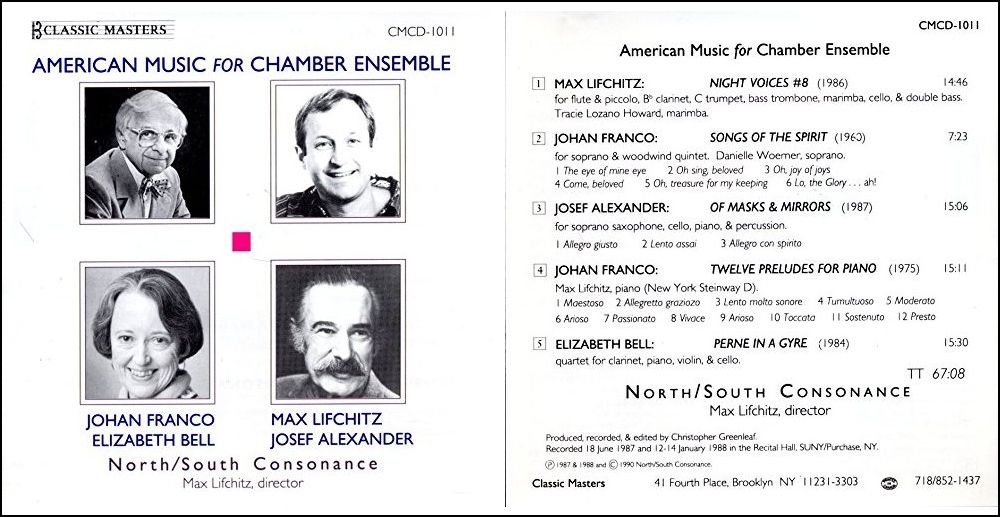
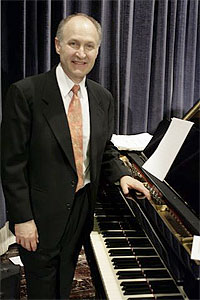 BD: ...you expect the Bandoneon?
BD: ...you expect the Bandoneon?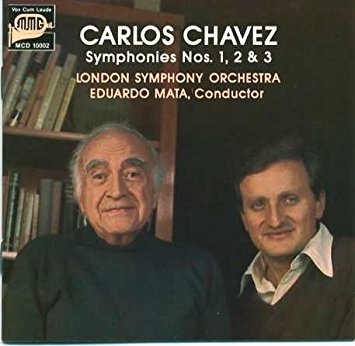 The Visitors is an opera in three acts and a prologue composed
by Carlos Chávez to an English libretto by the American poet Chester
Kallman. The work was Chávez's only opera. The story is set in
14th century Tuscany during the time of the Black Death. The libretto
(like those for Pagliacci and Ariadne auf Naxos) uses
the device of a play within a play to reflect and intensify the relationships
between the protagonists, who in this case are loosely based on characters
in The Decameron.
The Visitors is an opera in three acts and a prologue composed
by Carlos Chávez to an English libretto by the American poet Chester
Kallman. The work was Chávez's only opera. The story is set in
14th century Tuscany during the time of the Black Death. The libretto
(like those for Pagliacci and Ariadne auf Naxos) uses
the device of a play within a play to reflect and intensify the relationships
between the protagonists, who in this case are loosely based on characters
in The Decameron.The opera was originally commissioned in 1953 by Lincoln Kirstein, with the intention of premiering it in 1954 in New York City. Chávez began working on the score with the provisional title of The Tuscan Players in the spring of 1953 and continued working on it until 1956. The opera finally premiered with the title Panfilo and Lauretta on May 9, 1957 in the Brander Matthews Theater at Columbia University, conducted by Howard Shannet. It was then presented on three occasions in Mexico, conducted by the composer: in October 1959 (in English) in the Palacio de Bellas Artes in Mexico City; in 1963, again at the Palacio de Bellas Artes, but in a Spanish translation by Noel Lindsay and Eduardo Hernández Moncada with the title El amor propiciado (Love Propitiated); and in 1968 with the title of Los Visitantes (The Visitors) as part of the cultural program for the XIX Olympic Games. In the succeeding thirty years the opera went unperformed apart from excerpts conducted by Chávez at the Cabrillo Music Festival in Aptos, California in 1973. However, he continued to revise the score up until his death in 1978. In 1997, his daughter entrusted the manuscript and her father's revisions to the composer and musicologist Max Lifchitz, who within two years had prepared the definitive version of the score. The world premiere of this version took place in October 1999 (the centenary of Chávez's birth) during the Festival Internacional Cervantino in the Teatro Juárez, Guanajuato. Conducted by José Areán with stage direction by Sergio Vela, the opera was performed with its original English libretto and its final title, The Visitors. |
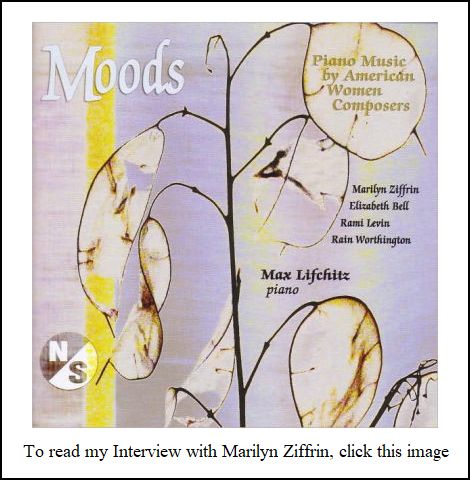 ML: Yes, in many ways. My parents
came from Russia, but also because, to some extent, I have managed to etch
a successful life in this country. I’m not marginalized,
if you want, and so this also has changed me very much. It is only
very recently where one of the smaller nationalities came to be assimilated
now into the major one, and in American society it would be the Hispanics.
There is more and more awareness of it, and there’s a lot of commerce
now with Latin America. Mexico is America’s
second largest trading partner. Ten years ago, nobody knew anything
about Mexico. No one cared to know. When the Peso devalued
in 1994, everybody was cursing that all their retirement money’s there.
[Much laughter] Sorry everybody, CNN was in Mexico every day on
the news. Years ago, nobody knew anything about the political satiation
down there. Nowadays it makes news all the time.
ML: Yes, in many ways. My parents
came from Russia, but also because, to some extent, I have managed to etch
a successful life in this country. I’m not marginalized,
if you want, and so this also has changed me very much. It is only
very recently where one of the smaller nationalities came to be assimilated
now into the major one, and in American society it would be the Hispanics.
There is more and more awareness of it, and there’s a lot of commerce
now with Latin America. Mexico is America’s
second largest trading partner. Ten years ago, nobody knew anything
about Mexico. No one cared to know. When the Peso devalued
in 1994, everybody was cursing that all their retirement money’s there.
[Much laughter] Sorry everybody, CNN was in Mexico every day on
the news. Years ago, nobody knew anything about the political satiation
down there. Nowadays it makes news all the time.[At this point we stopped for a moment to take care of a few technical things. Before we continued, I asked him for his birthdate...]
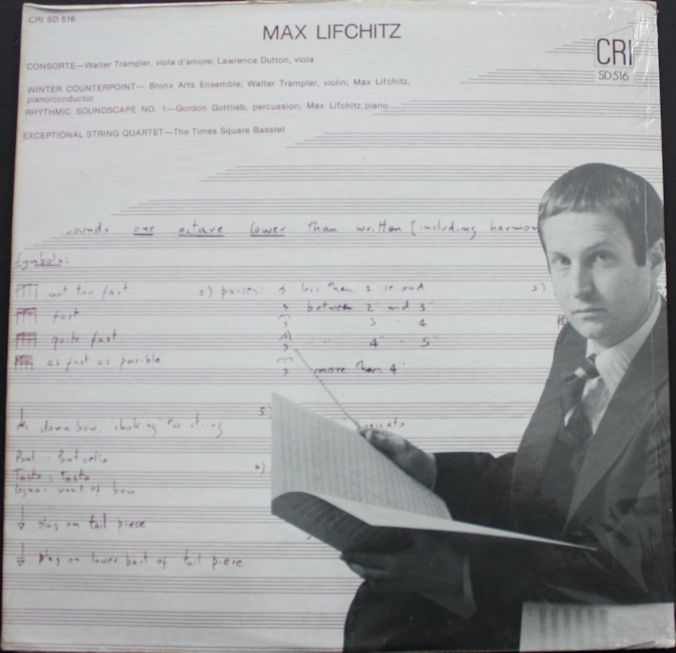 BD: Maybe you really are a Scorpio!
BD: Maybe you really are a Scorpio!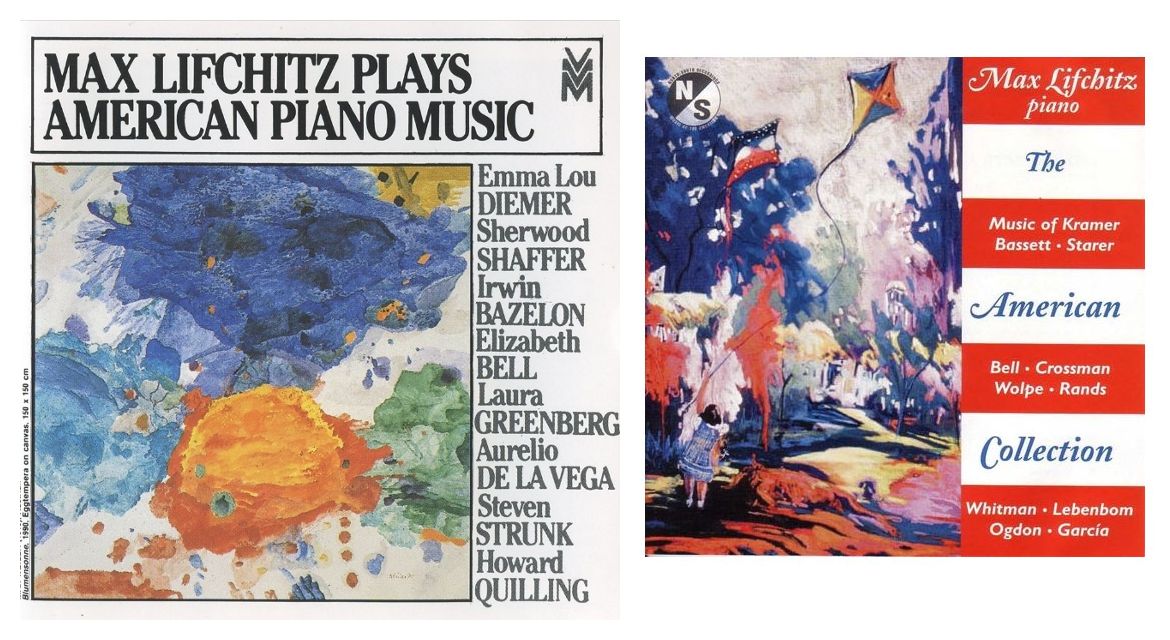
© 1997 Bruce Duffie
This conversation was recorded in Chicago on July 21, 1997. Portions were broadcast on WNIB the following year, and on WNUR in 2012, and on Contemporary Classical Internet Radio also in 2012. This transcription was made in 2017, and posted on this website at that time. My thanks to British soprano Una Barry for her help in preparing this website presentation.
To see a full list (with links) of interviews which have been transcribed and posted on this website, click here. To read my thoughts on editing these interviews for print, as well as a few other interesting observations, click here.
Award - winning broadcaster Bruce Duffie was with WNIB, Classical 97 in Chicago from 1975 until its final moment as a classical station in February of 2001. His interviews have also appeared in various magazines and journals since 1980, and he now continues his broadcast series on WNUR-FM, as well as on Contemporary Classical Internet Radio.
You are invited to visit his website for more information about his work, including selected transcripts of other interviews, plus a full list of his guests. He would also like to call your attention to the photos and information about his grandfather, who was a pioneer in the automotive field more than a century ago. You may also send him E-Mail with comments, questions and suggestions.